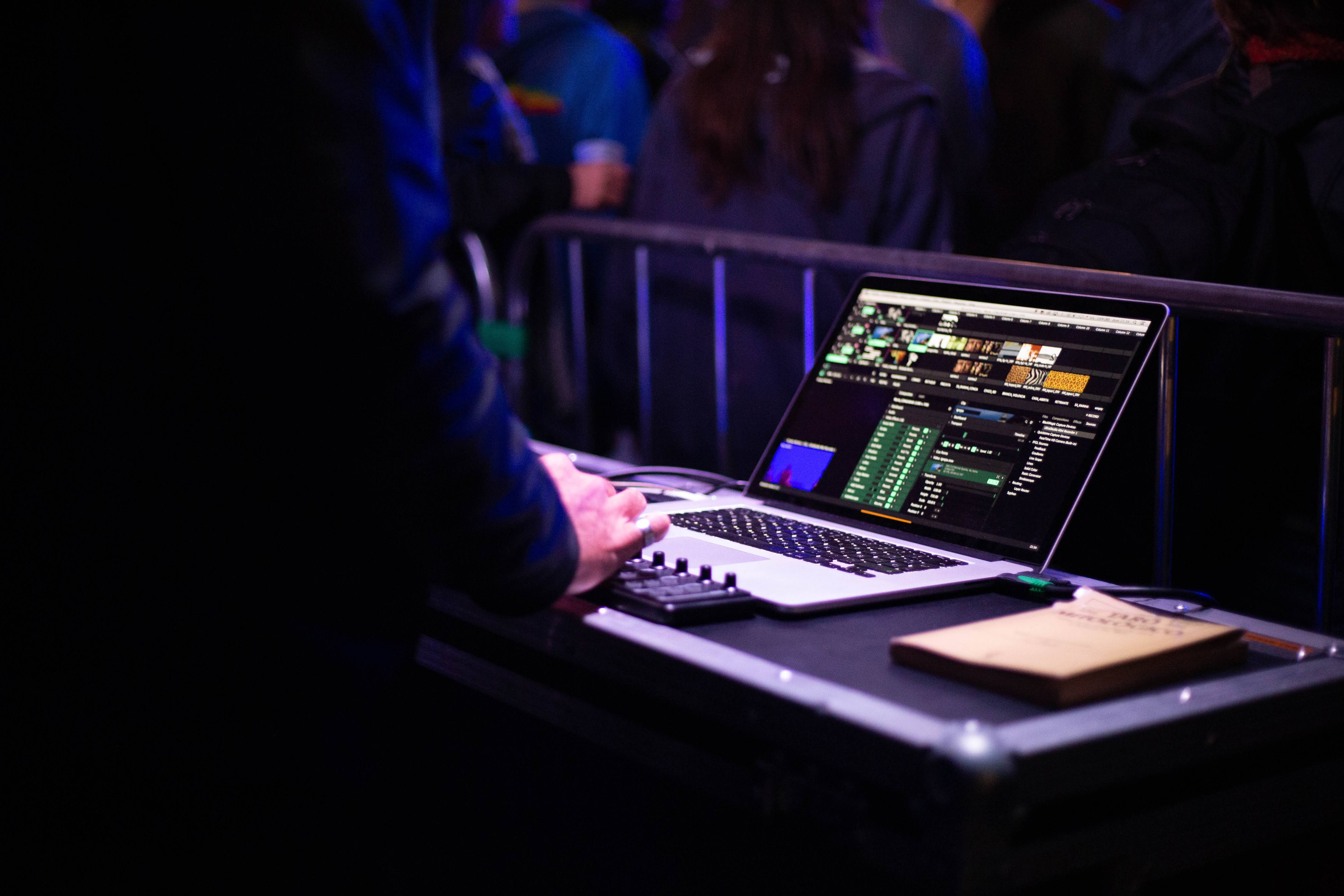The Art of Managing Music Festival Shows and Stages.

With the largest music festivals having up to 75 stages the management and scheduling of performances can seem a little daunting. How can event organisers and stage managers go about managing so many shows and stages with limited resources to create a professional and seamless event delivery.
For larger music festivals the management of multiple stages will be delegated to an experienced team of stage managers or producers. Each stage manager may have responsibility for five or ten stages and an equal number of shows depending on how the event organisers manage their teams. The event organiser teams have responsibility for creating themed shows and allocating performance artists to a relevant show which in turn may dictate a specific stage.
The most common format and simplest method or organising shows and stages is to allocate by a particular genre or theme. Stages and shows may be genre specific like EDM, Rock or HipHop for example or mixed genres but with a focus on up-and-coming bands or DJs. The event organising team will do their best to fit artists to the most appropriate stage and show with a logical schedule that fits with likely visitor interest. Of course, there will always be a main stage for the headline artists with probably a dedicated stage manager.
As the planning and scheduling starts months in advance a draft schedule along with all the artists advance information will be available well in advance and given to each stage manager to enable them to implement specific tasks for each stage and show. The last thing any stage manager wants is no schedule at all, they should get visibility of all the drafts on a regular basis with changes noted. Traditionally stage managers have relied on hard copy printed spreadsheets showing set times and all associated logistics for soundcheck, dressing room and performance times. These schedules enable them to ensure that the stage backline is in place and correctly set up for each artist.
With constant changes taking place, perhaps because an artist cancelled or wants to change their allocated time, the scheduling needs to be as dynamic as possible and is not really possible with out of date printed paper copies. Event management software is changed how such complex music festivals are organised and run making the whole process more efficient. Event organising teams can make changes on the fly and this information can be relayed to each stage manager in real time. Switching two artist's performance times can be done easily and notified to artists, liaison managers, stage managers and stage crews in a timely fashion making set transition manageable. Of course, there are always old hands who prefer the combinations of paper schedules and manic phone calls but new up and coming stage managers and event organisers are now used to using event management software to manage such complex tasks.
For any music festival organisers and stage managers planning their 2021 events using a software management platform like Festival Pro gives them all the functionality they need to plan every aspect of their stage and show management and scheduling. The guys who are responsible for this software have been in the front line of event management for many years and the features are built from that experience and are performance artists themselves. The Festival Pro platform is easy to use and has comprehensive features with specific modules for managing artists, contractors, venues/stages, vendors, volunteers, sponsors guestlists and ticketing.
Photo by Dayvison de Oliveira Silva from Pexels
<< Back to articles
Contact us
Get in touch to discuss your requirements.
US: +1 424 485 0220 (USA)
UK: +44 207 060 2666 (United Kingdom)
AU: +61 (2) 8357 0793 (Australia)
NZ: +64 (0)9887 8005 (New Zealand)